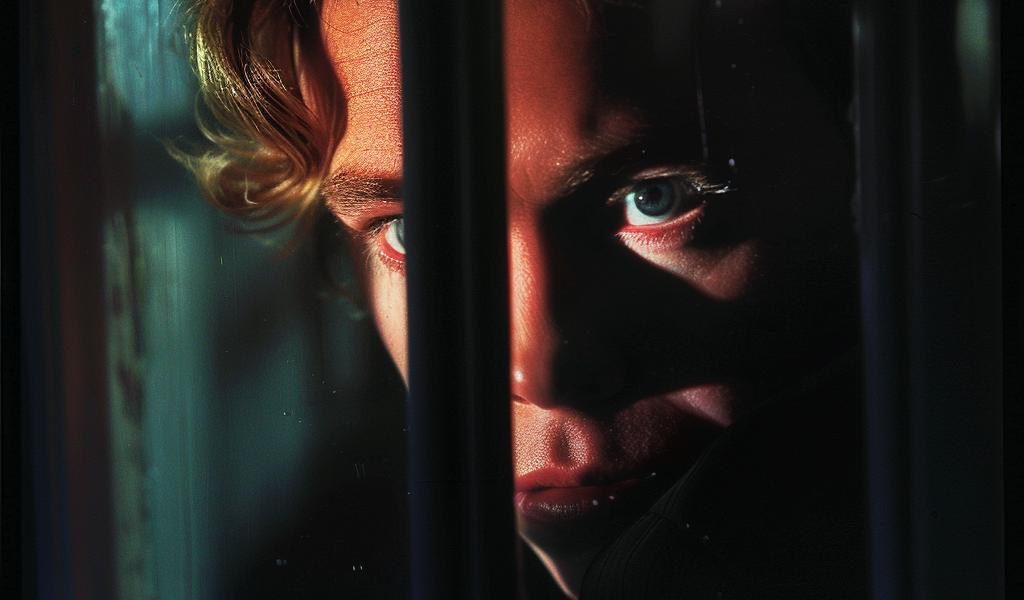If ever a film was ahead of its time, it was British director Michael Powell’s Peeping Tom. Released in 1960, the movie centered on a serial killer who filmed the terror of his victims in their final moments, challenging audiences with its psychological torture, female nudity, and grisly scenes.
The premiere in London sparked immediate controversy, with critics branding Powell as a sadist and pervert. Within days, the film was withdrawn from cinemas, and Powell’s career took a downward turn.
However, in the decades that followed, Peeping Tom’s qualities were re-evaluated, and it is now widely considered a masterpiece. The British Film Institute named it the 78th greatest British film of all time, and in 2017, a Time Out magazine poll ranked it the 27th best British film.
Now, a carefully restored version of Peeping Tom has been released in multiple formats, including DVD and Blu-Ray, marking a significant turnaround for Powell’s legacy.
The film’s revival and acclaim as a masterpiece decades after its initial release raise questions about the evolving perceptions of art and the impact of societal changes on the interpretation of controversial works.





